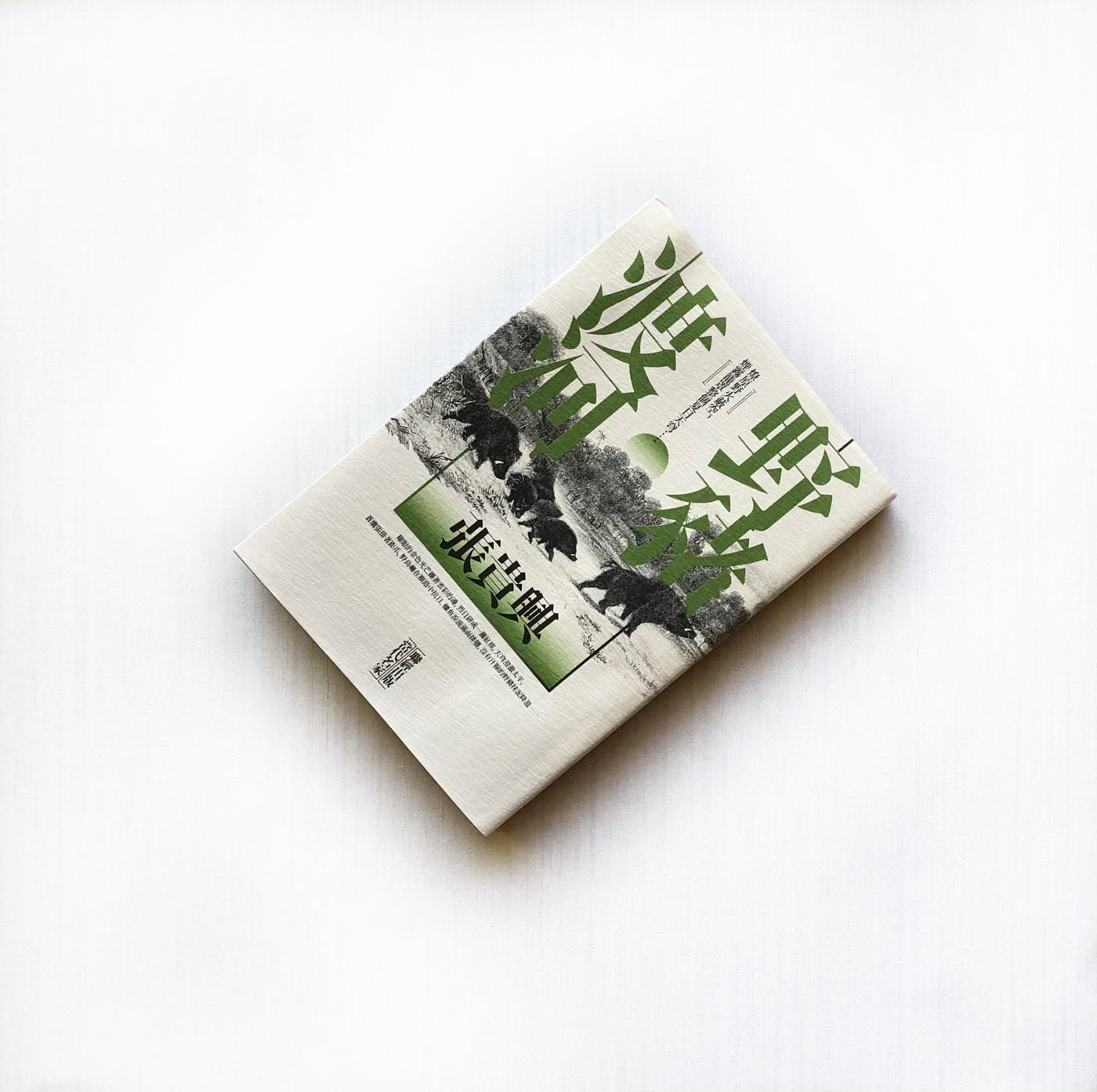
前國際新聞編譯,韓劇、書籍成癮人士。 每週分享讀書心得,偶爾介紹韓國文化。
[Reading Notes] "Rainforest Literature" and the history of World War II in Nanyang are no different between humans and animals before the war - "Wild Boar Crossing the River"
If Zhang Guixing uses pigs to describe people, it is only the appearance of the narrative. He had no intention of running a simple fable. Heaven and earth are not benevolent, and all things are regarded as "pigs and dogs". "Wild Boar Crossing the River" is terrifying to read, because Zhang Guixing has written a kind of animality that flows between you and me, a sense of emptiness that is wild and equal to all animals. Just around the corner, to die. — Wang Dewei

In most Chinese works (at least as far as I have read), "wenya" may be an unspoken rule, and even those words that describe violence, cruelty, ugly scenes, and lust are usually modified to some extent. However, the works of Borneo Chinese literature writer Zhang Guixing are not the same. He seems to especially love to use wild and animalistic words to present a certain kind of life force that is as hot as a tropical rain forest, unbearable, but "fierce". It makes his works different from other writers, showing a unique "rainforest" style.
Following the 2001 "The Princess of the Southern Kingdom I Miss in Eternal Sleep", the seventh full-length work "Wild Boar Crossing the River", released in 2017, is about Sarawak, which was occupied by the Japanese from 1941 to 1945. The village of "Zhuba" is set as the background, telling the story of the local Chinese who competed with pigs for land, and were hunted and killed by the Japanese army during World War II because of their love for the "motherland". The whole article consists of 25 short stories, which seem to be independent but also connected to each other. The locations, anti-Japanese organizations and some events all have their own origins, which also makes the content more vivid.
"Where I grew up, there were animals everywhere. As soon as I looked up, I could see eagles flying, monkeys in the trees, crocodiles in the river, and large lizards on the ground. Naturally, I would write these animals into my novels." - Zhang Guixing
Works full of "rainforest flavor" tell the cruelty of war
The first time I came into contact with Zhang Guixing's work was about a year and a half ago when I read "Monkey Cup", which was republished for the 10th anniversary. However, compared to the shock at that time because of its wild characters, "Wild Boar Crossing the River" can be said to be inferior. . Just like the diverse creatures in the rainforest, including wild boars, giant magpies, long-tailed monkeys and other animals, of course, they cannot be absent. The detailed description of nature almost brings the rainforest of Borneo to the readers. As for mating and sexuality. The description of the scene is "realistic" that makes people want to give up reading several times.
However, the "realism" is more than that. As the literary critic Wang Dewei said, in this work, human beings are not immune to the "pigs and dogs". Whether it is execution-style beheading, extermination, or comfort women and other kinds of killing and fornication, the author's unmodified words also show the cruelty of war, and the biological instinct and animal nature of human beings are also in it. Exhibited.
Decentralized structure, read to the end to complete the story
In all fairness, "Wild Boar Crossing the River" is not an easy work to read. In addition to the shock of the above content, the biggest obstacle for readers to read may be the decentralized structure and nonlinear time scheduling. In addition to the "time and space difference" between the preceding and following paragraphs, it is inevitable that readers will sometimes "get lost" between words and sentences, and sometimes there will be a feeling of "a stroke from the sky" in short stories. And then see the whole picture of the story.
Wild boars, masks, palang swords and samurai swords, there are many symbols in "Wild Boar Crossing the River", plus the description of the rainforest, and the elements of legends such as "Flying Heads", making it an extremely complex and numerous book. oriented works. As the author said in an exclusive interview, this novel also provides space for people's imagination at an "unclear moment" in history. But it is more important, and it may not be difficult for readers to perceive it. Perhaps the author has a deep emotion for his homeland hidden in it.
(Note: For the content of the interview in this article, please refer to OKAPI Reading Life Journal ""The time when history is not clear is the best time for novels to enter the field." ─ Interview with Zhang Guixing, author of "Wild Boar Crossing the River" )
Eslite Online: https://reurl.cc/OpZEx3
Jinshitang Online Bookstore: https://pse.is/3xw6xz
Blog to: https://reurl.cc/02A6V9
Reading Life: https://pse.is/42tut8
Reading Used Books: https://pse.is/44a648
Like my work?
Don't forget to support or like, so I know you are with me..
Comment…